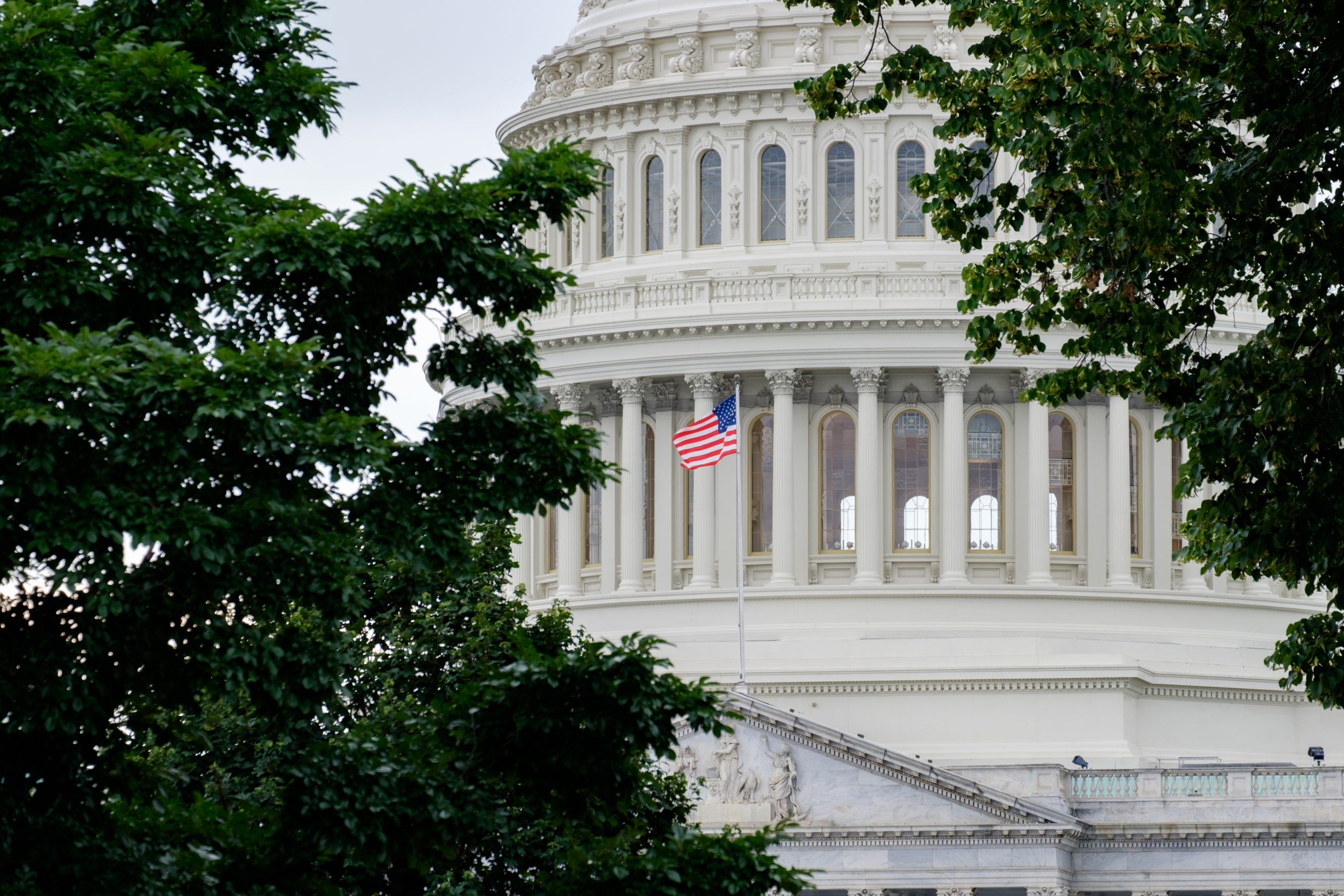
Early last year, House Republican Leader Kevin McCarthy (R-CA) wrote a comprehensive blog post expressing the GOP vision on energy and environmental leadership. The substance was far more than election-year posturing; it laid out a compelling case for commonsense solutions that have a real and lasting chance of breaking through. Ultimately, more jobs, fewer emissions, and a leading role in the clean energy industry are the way forward—one that everyday Americans will heartily support.
“Americans want a cleaner, safer, and healthier environment,” he wrote. “And we know we can achieve it alongside a strong economy that employs more of our citizens and keeps energy prices low. We know this because this is the story of America’s energy renaissance today.”
eadership. The substance was far more than election-year posturing; it laid out a compelling case for commonsense solutions that have a real and lasting chance of breaking through. Ultimately, more jobs, fewer emissions, and a leading role in the clean energy industry are the way forward—one that everyday Americans will heartily support.
Since Republicans outperformed the polls in November and gained significant ground in the House of Representatives, they can begin to make the vision Leader McCarthy wrote about a reality. While the Democratic Party held onto to a majority in the House, their advantage is the slimmest in modern history. That means Democrats will have to reach across the aisle to move forward realistic measures rather than preposterous far-left proposals like the Green New Deal.
Fortunately, the 117th Congress features a remarkable new lineup of Republican House committee leaders who are all known problem solvers—they get things done. Among these, there are several has worked particularly closely with to pursue legislative priorities.
Representative Cathy McMorris Rodgers (R-WA) was selected by her colleagues as the Republican Leader of the House Energy and Commerce Committee, the first woman from either party to serve in such a role. CRES recognized her in 2017 as a Clean Energy Champion for her work to advance hydropower and nuclear energy and promote technologies that will lower emissions, drive American competitiveness, and grow the U.S. economy.
Representative Bruce Westerman (R-AR) will be the next Republican Leader of the House Natural Resources Committee. As a forester and lifelong advocate for the environment and conservation, he has worked tirelessly to advance policies that support sustainable forests, clean energy, and carbon sequestration. Most recently, as the champion of the Trillion Trees Act, Congressman Westerman proved that thoughtful, commonsense natural carbon solutions can truly benefit our climate.
Representative Frank Lucas (R-OK) will once again lead the Republicans on the House Science, Space, and Technology Committee. He was critical to successfully advancing a balanced, bipartisan and transformative energy innovation package, the Energy Act of 2020, to enactment. During his tenure so far, he has lead initiatives that harness the power of science to drive clean energy innovation. As a champion of the Advanced Research Projects Agency-Energy (ARPA-E), Congressman Lucas showcased how investing in U.S. innovation is essential for advancing clean energy.
Representative Glenn “GT” Thompson (R-PA) will serve as Republican Leader of the House Agriculture Committee. As a lifelong resident of a small town in rural Central Pennsylvania and the descendant of a long line of dairy farmers, he is an expert on agricultural issues and understands the important role landowners, farmers, and ranchers play in conservation and stewardship. His leadership will be important in determining the future of legislation like the Growing Climate Solutions Act (GCSA).
Representative Dan Newhouse (R-WA) was also unanimously elected by his colleagues to serve as the new chair the Congressional Western Caucus, a bipartisan coalition of nearly 70 members of Congress who advocate for rural, western, and resource-based communities.
Under the leadership of these Republicans, CRES sees every reason to believe that commonsense, free-market energy solutions will emerge from the House in the coming months and years. On the heels of the passage of the Energy Act of 2020, which included many measures previously championed by CRES, we will soon release a document detailing our newest legislative priorities – driven by the Conservative Climate Policy Directives CRES Forum developed last year – that we look forward to sharing with these Republican leaders and their staffs soon. More to come!
This is the first in a series of blogs about the new Republican leaders in the 117th Congress. Be sure to check back frequently for profiles on those mentioned above and others.
